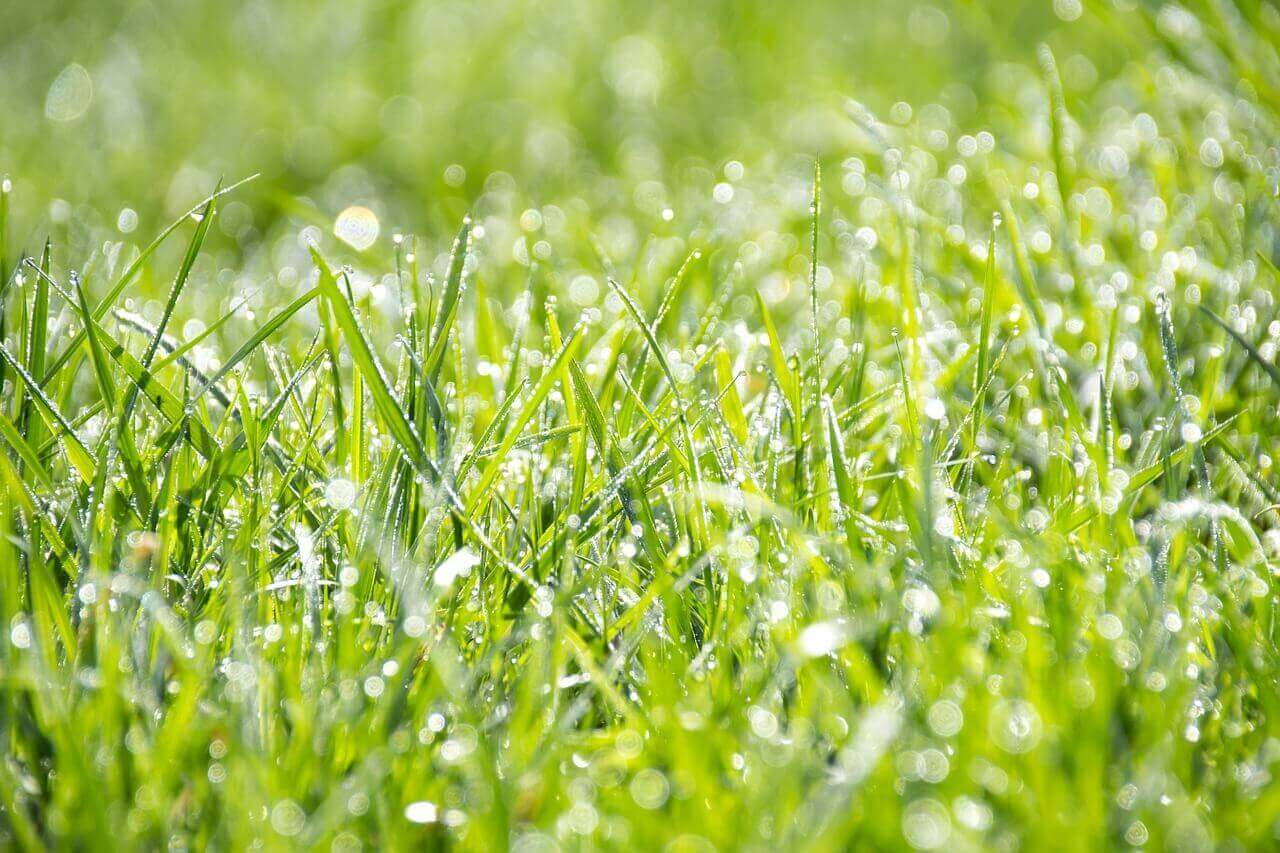The end of May begins the summer vacation season with Memorial Day. Expect the imminent arrival of hot, sultry days with long hours of sunshine and, often, too little rain. The end of spring heralds parched lawns and flowerbeds. Better Homes & Gardens recommends that homeowners think about prevention rather than treatment to keep their lawns looking great, because the effects seen now are the result of damage incurred a month before. Denver landscaping services advise homeowners to get an advance start on their summer lawn care to keep their yards green and healthy throughout the season.
- Mowing. Don’t scalp your lawn. Aside from mowing regularly, set the mower blades high. Taller blades enable your lawn to absorb more sunlight, which is used to produce and send more nutrients to the roots and soil. Taller blades also provide shade to the roots, which helps them retain moisture in a hot, arid climate. If you have a mulching mower that chops up grass clippings, you’re ahead of the game when it comes to fertilization. If your mower doesn’t mulch and doesn’t have a bag attachment to collect clippings, then either distribute the clippings evenly across the lawn or rake them up and compost them. Heavy strips of clippings will smother the lawn beneath. And don’t forget to sharpen your mower blades.
- Fertilization. Experts at Lawn Care advise fertilizing the lawn in spring and late in fall for optimum effects. Organic fertilizers in the spring add valuable nutrients to the soil to kickstart growth. A thick, healthy lawn can better withstand the rigors of hot, dry weather and trampling feet as well as insects and diseases.
- Water. The absolute most important aspect of keeping a lawn healthy is proper watering. Your lawn requires one inch of water weekly–whether that comes from rain and/or irrigation. A quick test to see whether your lawn is receiving enough water is to poke a screwdriver into the ground. If it goes in easily, then your lawn is getting enough water. If not, then your lawn is too dry and you should add water. Be sure to water in the early morning hours so the soil can absorb the water before the heat of the day sets in.
- Seeding. Remember that it takes about six weeks for seeds to germinate and the seedlings to take root, so don’t be impatient when seeding those barren patches. Seed once, water regularly, and wait.
- Weeding. Dandelions, thistles, pigweed and other nuisance weeds should be uprooted and destroyed before they sink taproots deep into the soil and become impossible to eradicate. Your kids might miss blowing the seeds off dandelions, but your lawn will be healthier.
Keep it clean. Yard decorations, toys, fallen leaves, vehicles, and other debris left lying about will weaken the lawn, even if only from keeping the grass under constant shade. Debris, such as old leaves and garden waste, can create an imbalance of nutrients which then weaken the lawn and set it up for disease and insects. Disabled or “extra” vehicles parked on the lawn can compact soil and drip noxious fluids that poison the soil, contributing to bare spots and weakened sod.
American Arbor Care offers a full range of lawn care and fertilization services to keep your yard looking great throughout the year. Call the Denver landscaping experts at (303) 639-8584 to schedule a consultation and learn what can be done to make your lawn the envy of the neighborhood.

